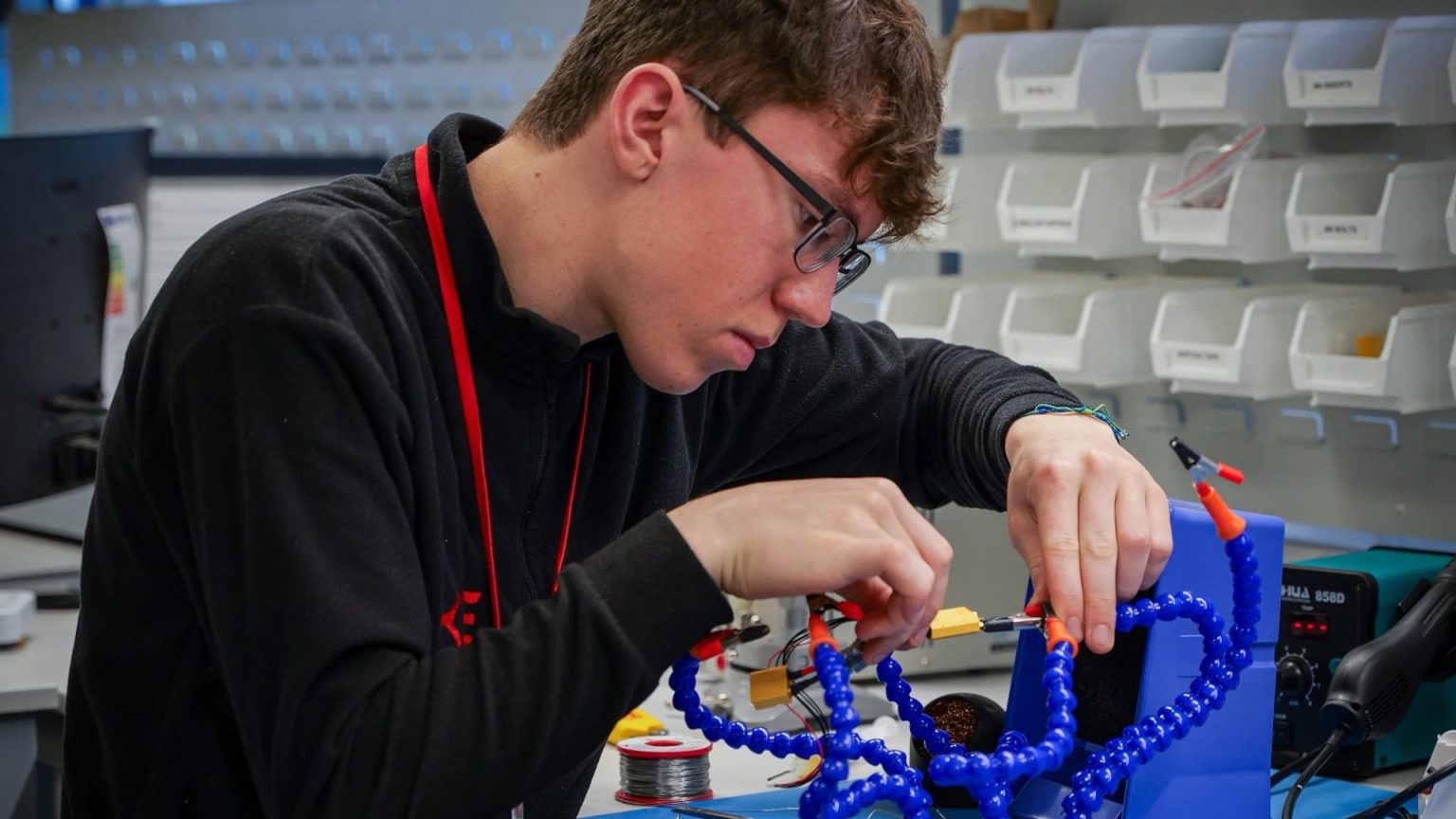The Rise of the UK Drone Industry
The UK is rapidly emerging as a global leader in the burgeoning drone technology sector. While drones have gained notoriety for their use in conflict zones and disaster relief, their applications are far more diverse and are increasingly integrated into various industries. The UK drone market, currently valued at nearly £95 million, is projected to experience explosive growth, reaching £1.5 billion by 2031. This remarkable expansion is fueled by the versatility of drones, which are employed in a wide range of tasks, from surveying buildings and decommissioning nuclear facilities to inspecting hazardous structures and conducting emergency searches. Even the Royal Mail is exploring the use of drones for deliveries in remote areas, demonstrating the technology’s potential to revolutionize logistics. This rapid growth is not only creating a vibrant technological landscape but also generating numerous employment opportunities across a range of skillsets.
The UK’s success in the drone sector is attributed to a combination of factors, including a supportive economic environment, significant advancements in drone technology, and a growing ecosystem of drone service providers, hardware manufacturers, and software developers. While the majority of UK drone businesses are currently focused on providing specialized services like aerial photography, mapping, and inspections, there is a noticeable increase in the number of companies involved in manufacturing drone hardware and software. This diversified approach strengthens the UK’s position in the global drone market and fosters innovation. The Welsh firm Tekever, for instance, recently unveiled the first entirely UK-produced drone and has experienced significant workforce expansion in the past year. Tekever’s clientele includes prominent government agencies like the Home Office, Ministry of Defence, and RAF, highlighting the increasing reliance on drone technology for critical national security and environmental monitoring applications.
Tekever’s success story exemplifies the broader trends within the UK drone industry. The company’s AI-powered drones are deployed in diverse missions, from detecting illegal fishing and oil spills to assisting vessels in distress and monitoring wildfires. Their involvement in providing intelligence, surveillance, and reconnaissance services in Ukraine further underscores the critical role of drone technology in modern geopolitical landscapes. This expanding range of applications fuels the demand for skilled professionals across the drone sector, creating job opportunities in areas such as drone piloting, operations, engineering, software development, manufacturing, and support. The focus on impactful work and employee development contributes to high employee retention rates, further solidifying the UK’s position as a leader in the drone industry.
The growth of the drone industry is not just about technological advancements; it’s also about changing perceptions and fostering broader acceptance of this transformative technology. Industry experts emphasize the advantages of drones over traditional methods, highlighting their speed, cost-effectiveness, safety, and environmental friendliness. Raising awareness about these benefits is crucial for encouraging wider adoption of drones across various sectors. Initiatives like ARPAS-UK, a drone industry body, are working to educate businesses and the public about the potential of drone technology and its positive impact on various industries. This educational outreach aims to dispel misconceptions and pave the way for greater integration of drones into everyday operations.
The drone industry also offers exciting career paths for young professionals. Individuals like Morgan Brandy-Phillips, a research and development apprentice at Tekever, represent the next generation of drone experts. Morgan’s experience highlights the diverse range of roles available within the sector, from technical positions to opportunities in operations, business development, and support. The dynamic nature of the drone industry, coupled with the opportunity to work on cutting-edge technology, makes it an attractive career choice for those seeking challenging and rewarding work. Furthermore, the industry’s emphasis on problem-solving, curiosity, and a willingness to learn creates an environment conducive to continuous professional development.
Beyond its technological and economic implications, the growing prevalence of remote work, partially facilitated by advancements in technology like drones, is also impacting social dynamics. Studies show that working from home strengthens community bonds, particularly in urban areas, likely due to increased interaction with neighbors. This unexpected social benefit highlights the interconnectedness of technological advancements and community development. The shift towards remote work, while driven by various factors, contributes to a sense of local connection and strengthens social fabric within neighborhoods. This positive social impact further underscores the wide-ranging influence of technological advancements on modern life.











